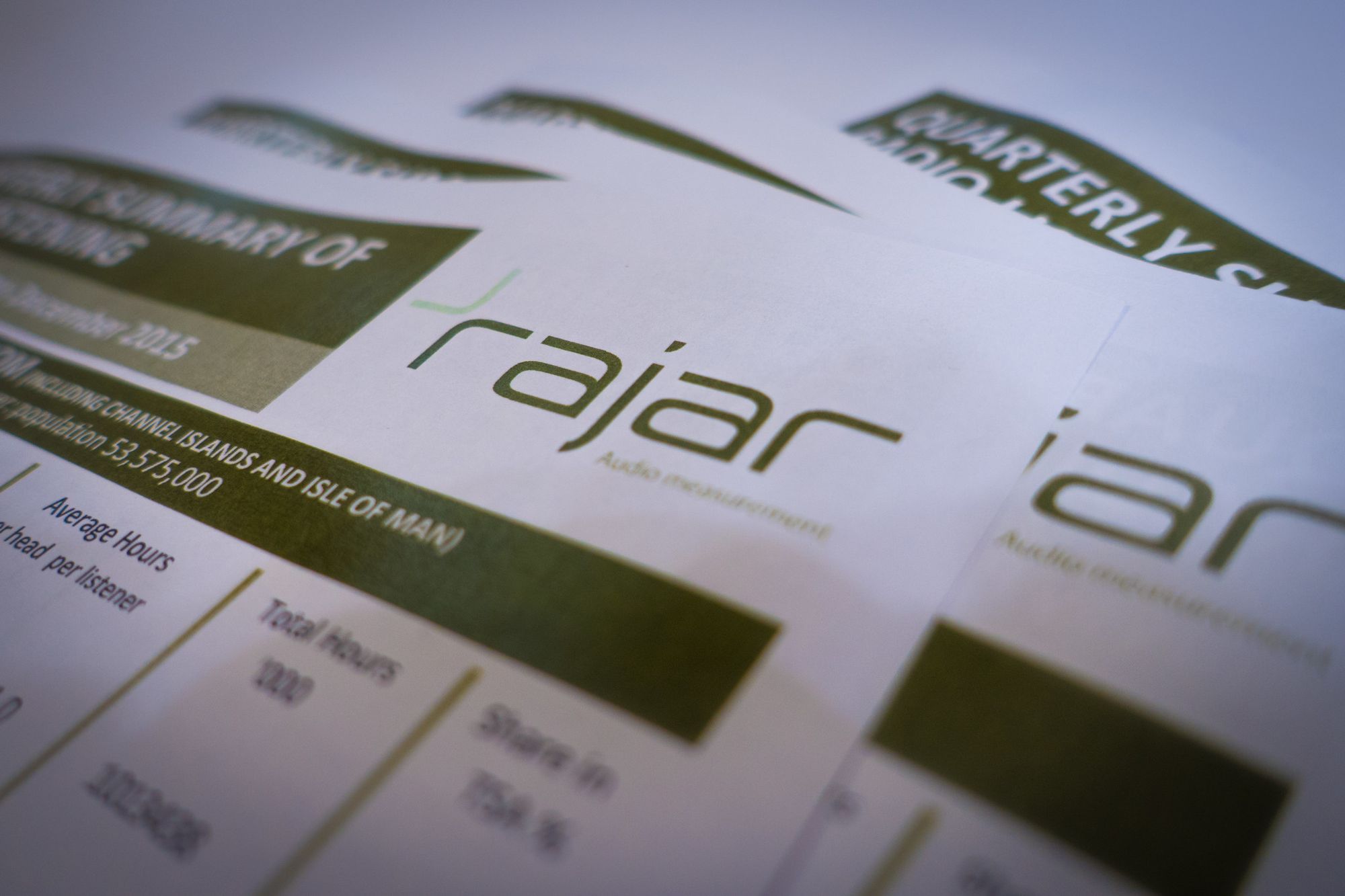In the dynamic world of internet radio, where content reigns supreme, the concept of voice tracking has emerged as a powerful tool for broadcasters. Voice tracking, a technique used to pre-record segments or shows, offers numerous advantages for internet radio stations seeking to enhance their programming quality and efficiency. Let's delve into how voice tracking works and why it can significantly improve your internet radio station.
Understanding Voice Tracking
Voice tracking involves recording segments of a radio show or station content in advance, which are then scheduled to play at specific times. Rather than broadcasting live, radio hosts prerecord their vocals, seamlessly integrating them into the station's programming schedule.
The process typically involves:
Recording: Radio hosts record their scripts, commentary, and segments using professional audio recording equipment or software.
Editing: Post-recording, editors fine-tune the audio segments, eliminating any errors, pauses, or imperfections to ensure a polished final product.
Scheduling: Using radio automation software, broadcasters schedule the pre-recorded segments to air at designated times within their programming lineup.
Advantages of Voice Tracking
1. Flexibility:
Voice tracking grants broadcasters the flexibility to pre-record shows or segments at their convenience, allowing them to manage their time effectively and maintain consistent broadcasting schedules.
2. Enhanced Quality:
With the ability to edit recordings meticulously, broadcasters can ensure the highest quality content, free from mistakes or interruptions, enhancing the overall listening experience for their audience.
3. Increased Content Variety:
Voice tracking enables broadcasters to diversify their content by incorporating guest interviews, special features, and thematic segments into their programming, enriching the station's offerings and attracting a broader audience.
4. Time Efficiency:
By eliminating the need for live broadcasting, voice tracking streamlines the production process, enabling broadcasters to allocate their time more efficiently towards content creation, research, and audience engagement initiatives.
5. Improved Reliability:
Voice tracking minimizes the risk of technical glitches, unexpected interruptions, or human errors that may occur during live broadcasts, ensuring consistent and reliable content delivery to listeners.
Enhancing Your Internet Radio Station with Voice Tracking
Integrating voice tracking into your internet radio station can significantly elevate its performance and appeal to audiences. Here's how you can leverage voice tracking effectively:
Strategic Planning: Develop a comprehensive content calendar outlining the topics, themes, and segments to be recorded in advance, aligning them with your station's programming objectives and audience preferences.
Invest in Quality Equipment: Equip your studio with professional-grade recording tools and software to ensure optimal audio quality and clarity in your voice-tracked segments.
Engage with Your Audience: Despite the prerecorded nature of voice tracking, maintain a proactive approach to audience engagement through social media, listener feedback, and interactive features to foster a sense of community and connection with your listeners.
Monitor Performance: Continuously monitor and analyze listener metrics, feedback, and engagement data to refine your voice tracking strategy, identify emerging trends, and adapt your programming to meet audience demands effectively.
In conclusion, voice tracking serves as a valuable resource for internet radio stations seeking to enhance their programming quality, efficiency, and listener experience. By embracing this innovative technique and leveraging its benefits strategically, broadcasters can cultivate a vibrant and compelling radio environment that resonates with audiences worldwide.
Embrace the power of voice tracking and unlock the full potential of your internet radio station today!




